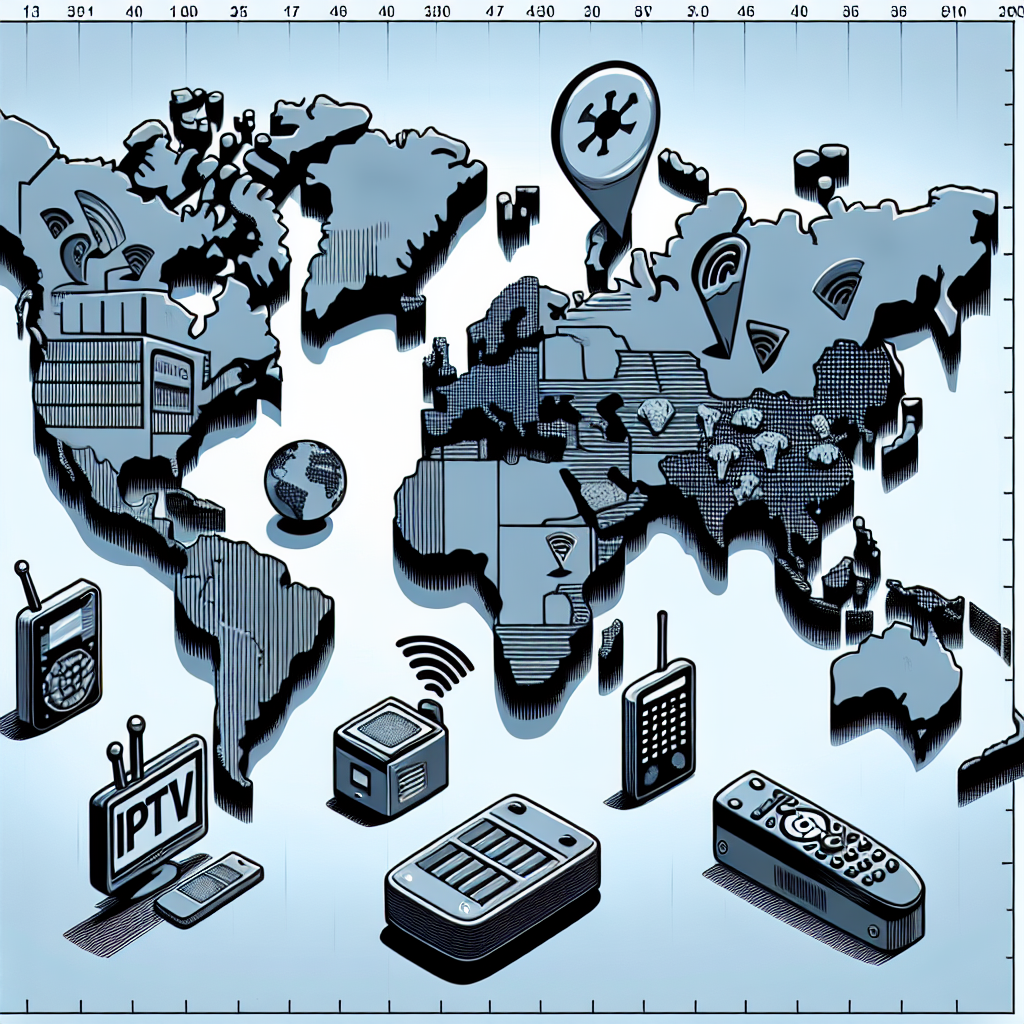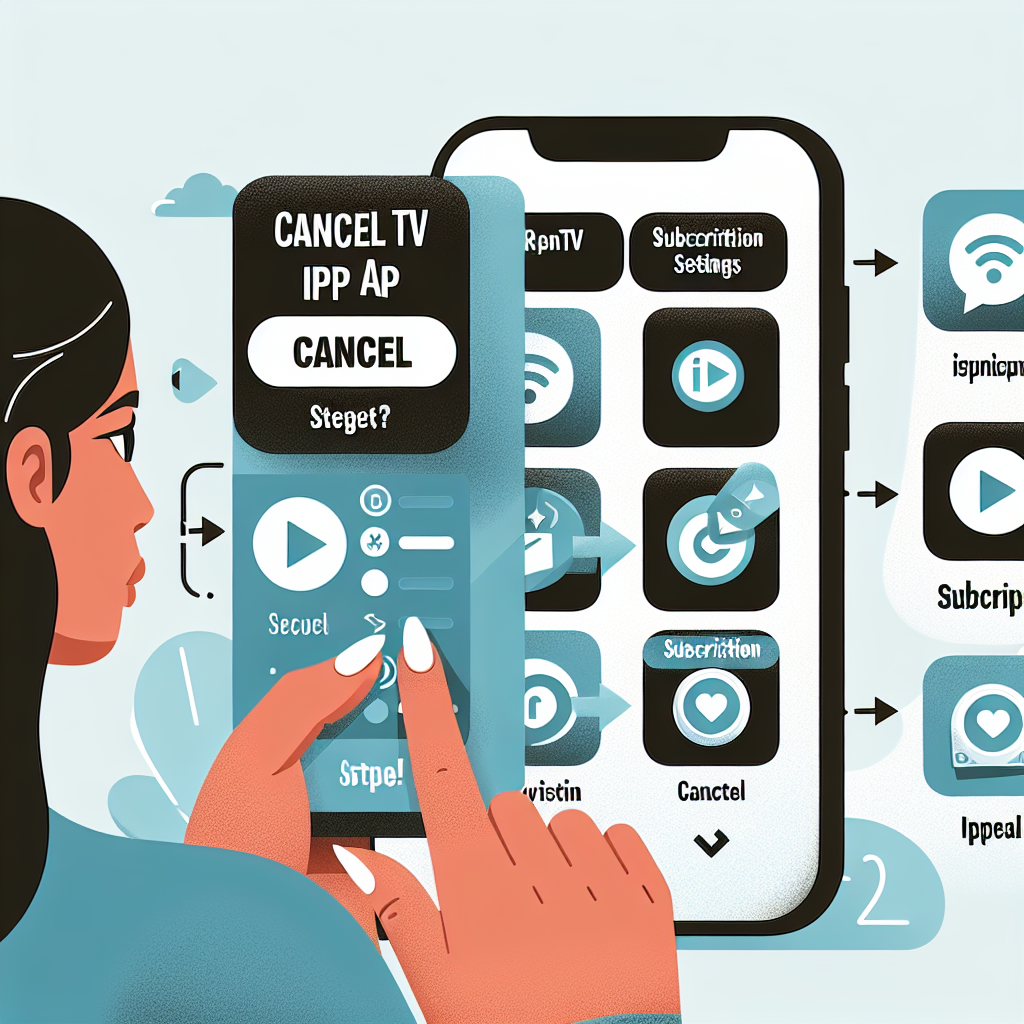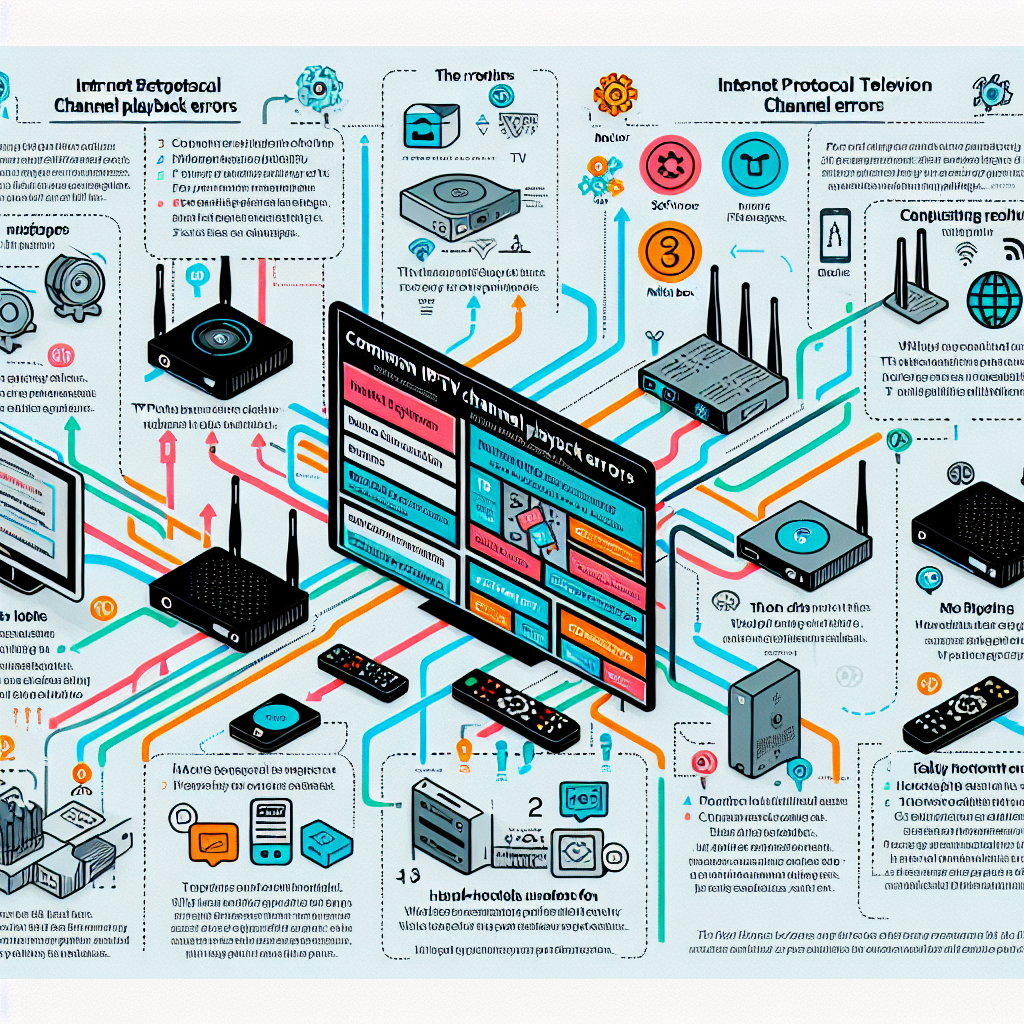The digital age has revolutionized how we consume media, with IPTV (Internet Protocol Television) emerging as a popular alternative to traditional cable. However, understanding IPTV service region restrictions and their implications can be a daunting task for consumers. Many subscribers find themselves frustrated when they encounter geographic limitations that hinder their access to content. This article delves into the complexities of IPTV region restrictions, shedding light on how they impact accessibility and what consumers can do to navigate these challenges effectively.
Analyzing IPTV Service Region Restrictions and Their Impact
IPTV service region restrictions are primarily rooted in licensing agreements and copyright regulations that vary across countries. Streaming providers often negotiate rights with content owners to distribute specific content in designated territories. As a result, users may find that certain channels, series, or films are not available in their region, leading to dissatisfaction and a sense of exclusion. This limitation can significantly affect the user experience, pushing consumers to seek alternatives or use less legitimate means to access desired content.
Furthermore, the implications of these restrictions extend beyond mere content availability. Many IPTV services employ geographic IP blocking techniques, which prevent users from accessing their platforms if their IP address does not match a permitted region. For users, this means that even if they have subscribed to a service, they might still be unable to watch their preferred channels while traveling or relocating. Such a scenario not only frustrates users but also raises questions about the value of their subscription, leading to increased churn rates in the IPTV market.
To better understand these restrictions, it is essential to consider the technological and legal landscape. The rise of VPNs (Virtual Private Networks) allows users to bypass these geographic limitations by masking their IP addresses. However, using VPNs comes with its own set of risks, including potential violations of service agreements and the possibility of degraded streaming quality. IPTV providers are increasingly implementing measures to detect and block VPN traffic, making it a game of cat and mouse for users seeking to navigate these restrictions successfully.
Implications of Geographic Limitations on IPTV Accessibility
The accessibility of IPTV services is profoundly influenced by geographic limitations. For content creators and providers, these restrictions are essential to protect their intellectual property and revenue streams. However, for consumers, this creates a fragmented viewing experience where one region may have access to a vast library of content, while another is left with a meager selection. This disparity not only affects consumer satisfaction but can also hinder the growth of IPTV services in various markets as potential users become frustrated with limited options.
Moreover, the impact of region restrictions is particularly pronounced for expatriates and travelers. Individuals who move away from their home countries often find themselves cut off from familiar programming and content that resonate with their cultural backgrounds. For instance, a subscriber from the United Kingdom living in the United States might struggle to access beloved British television shows or sports channels. This loss can lead to feelings of isolation and disconnection, underlining the emotional ties that media often holds in our lives.
In light of these challenges, users must adopt innovative strategies to enhance their IPTV experience. Exploring legitimate content aggregation platforms that offer international programming can be a viable solution. Additionally, staying informed about changes in licensing agreements can empower consumers to switch services or seek alternatives that provide the content they desire. By being proactive and resourceful, users can effectively navigate the limitations imposed by geographic restrictions and enjoy a more fulfilling IPTV experience.
Understanding IPTV service region restrictions is imperative for consumers seeking to maximize their viewing experience. By recognizing the reasons behind these limitations and their far-reaching implications, users can make informed decisions about their IPTV subscriptions. Whether through exploring legitimate alternatives or employing advanced technologies, the key lies in being proactive in navigating the landscape of IPTV accessibility. Empower yourself with knowledge and take action, ensuring you never miss out on the content that matters most to you. Engage with us and explore the best solutions tailored to your viewing needs.
Guide to Cancelling Your IPTV App Subscription EffectivelyNavigating IPTV Apps: Common Challenges and SolutionsResolving Screen Resolution Issues in IPTV ApplicationsRelevant LinkRelevant LinkRelevant Link






